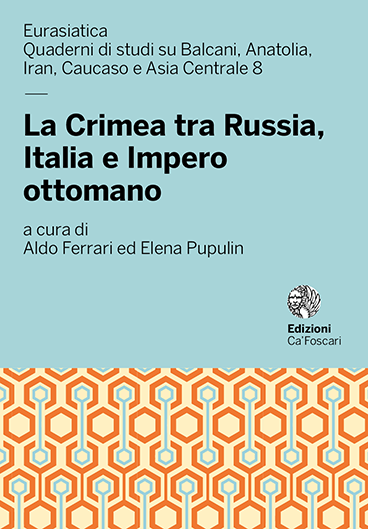- search 477 views
- file_download 17 download
- keyboard_capslock metadata
-
mark_email_readIscriviti alla newsletter
I caraiti nella Crimea imperiale russa
Rappresentazioni e costruzioni identitarie
abstract
Throughout the 13th-18th centuries, despite the differences between their religious tradition and that of the Rabbanite Jewish, the Karaites of the Crimea and Eastern Europe regarded themselves as culturally and ethnically Jews. Starting with the end of the 18th century, they underwent a process of growing individuation and self-perception as a separate and distinct group that eventually led to dejudaization by the first half of the 20th century. The article provides an overview of the external and internal factors which triggered this process, such as the Christian interest in the Karaites as the members of a supposedly ‘purer’ and older form of Judaism in the 17th-18th centuries, to which Karaite scholars responded starting a meta-historical research and reflection on their past; Russian anti-Judaism and the Russian imperial policies concerning the Jews; the better economic conditions of the Crimean Karaites in the 19th century compared to those of the Rabbanite Jews; the nationalist revival of the 19th century.
Keywords: Crimea • Abraham Firkovitch (1787-1874) • Identity • Seraja Šapšal (1873-1961) • Karaites
permalink: http://doi.org/10.14277/6969-201-7/EUR-8-4





